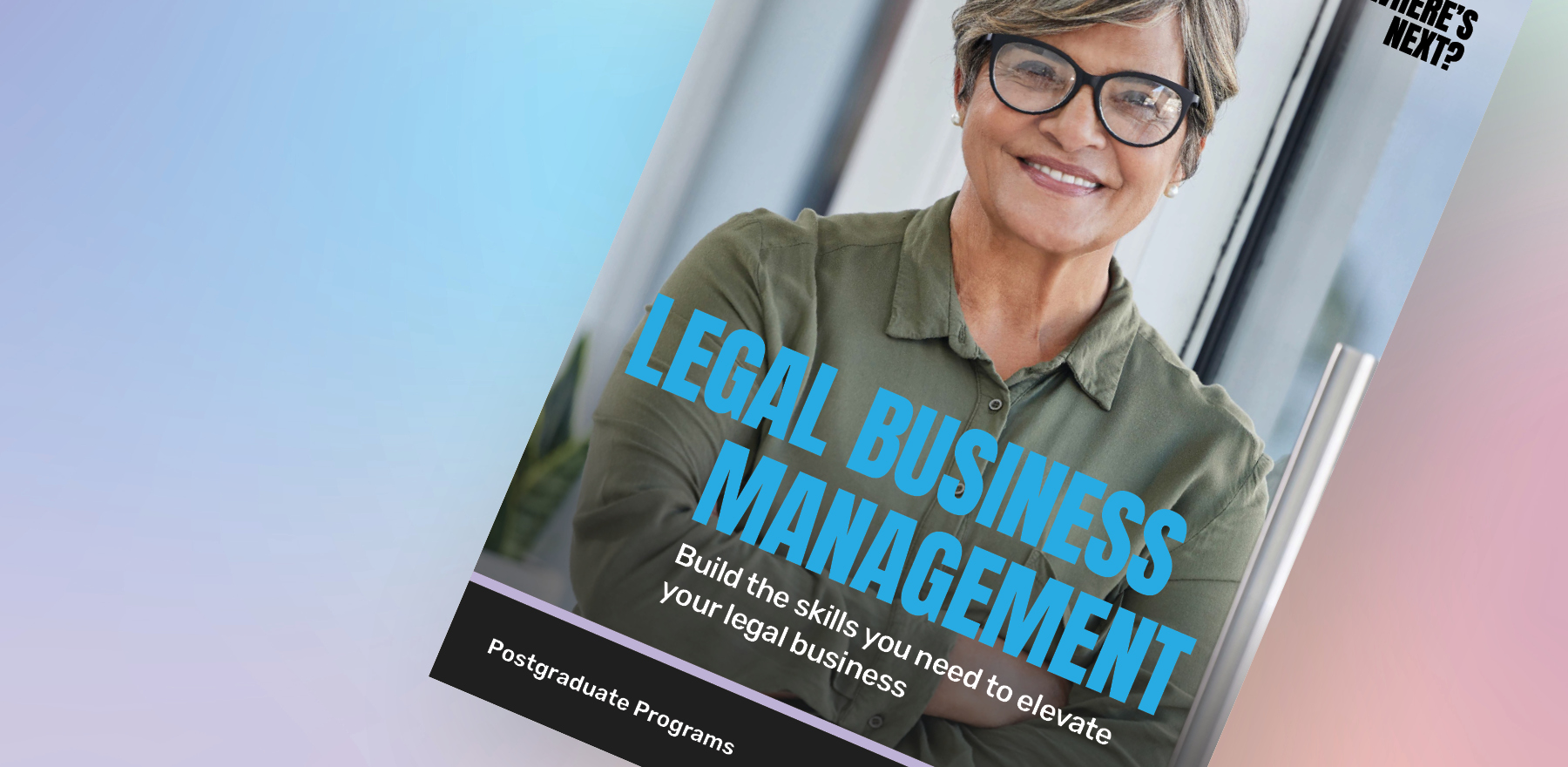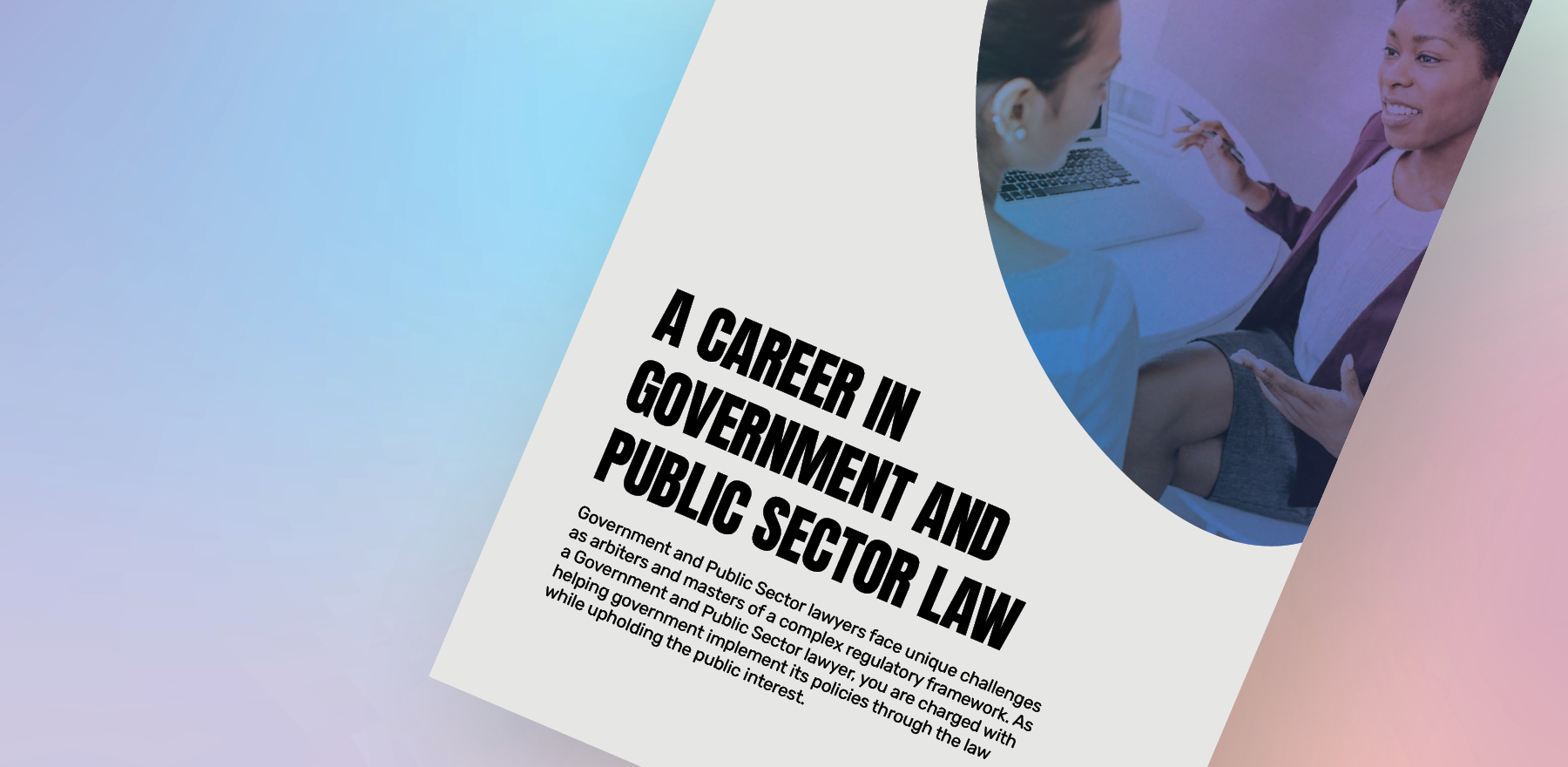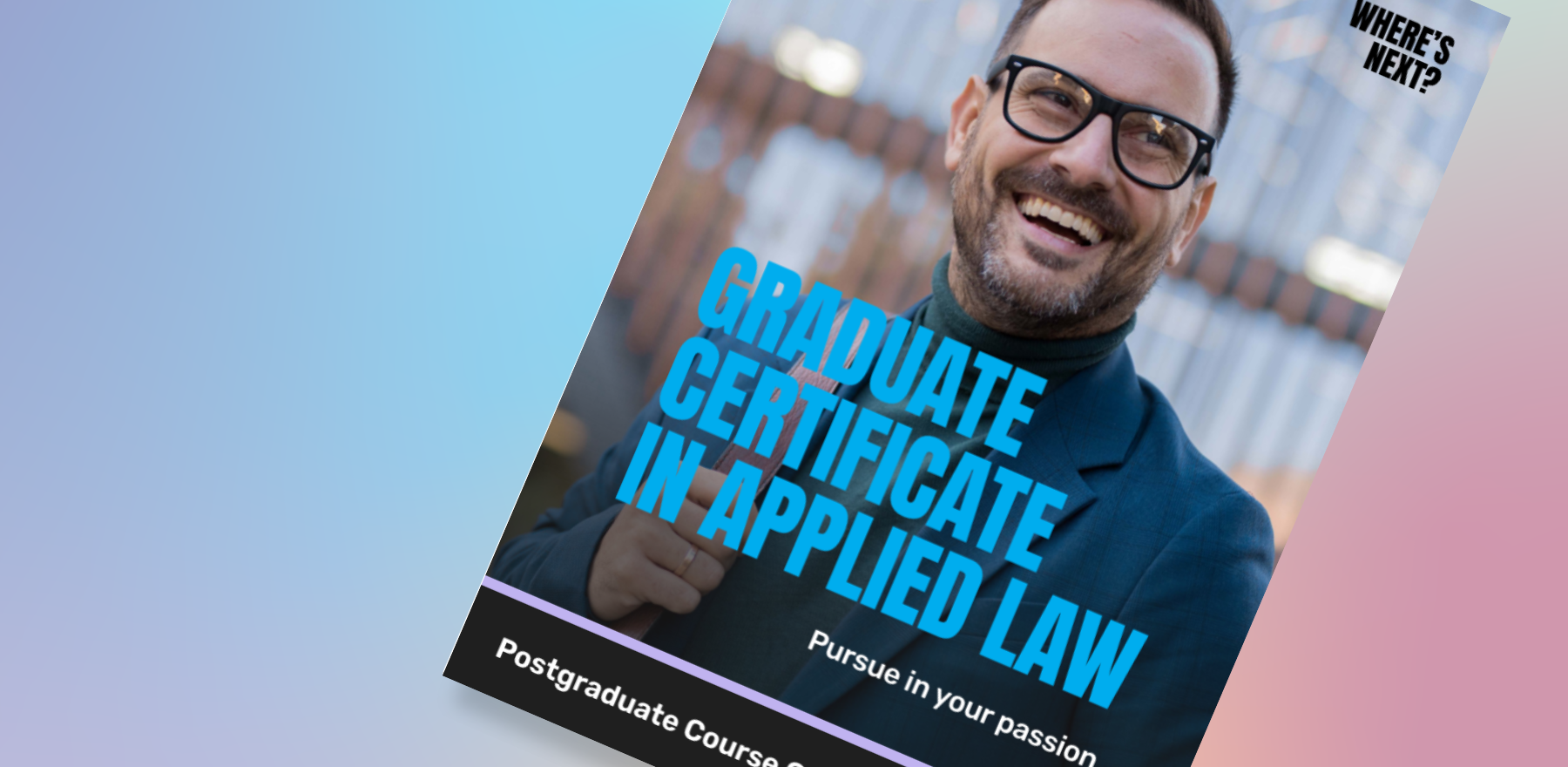Looking to advance your expertise in Wills and Estates law?
Download the Wills and Estates Postgraduate Programs Course Guide and discover how our program can equip you with the knowledge and skills to navigate the complex world of estate planning, probate, and elder law.
What’s inside?
Our guide provides all the essential information about the program, including:
- Why Wills and Estates law is a vital and in-demand area of legal practice
- How to manage complex issues like testamentary trusts, blended families, and vulnerable beneficiaries
- Who the course is designed for—ideal for legal professionals wanting to enhance their practice in Wills, Estates, and Succession Law
- A detailed breakdown of the course structure, including key subjects such as estate administration, family provision, and contested probate
- Insights from industry experts who lead the program
- Key intake dates and how to enrol
- Comprehensive pricing information and qualification pathways
Take the next step in your legal career and expand your expertise in Wills and Estates law. Download the course guide now and explore how this program can support your career goals.

































![How to handle Direct Speech after Gan v Xie [2023] NSWCA 163](https://images4.cmp.optimizely.com/assets/Lawyer+Up+direct+speech+in+drafting+NSW+legislation+OCT232.jpg/Zz1hNDU4YzQyMjQzNzkxMWVmYjFlNGY2ODk3ZWMxNzE0Mw==)































































